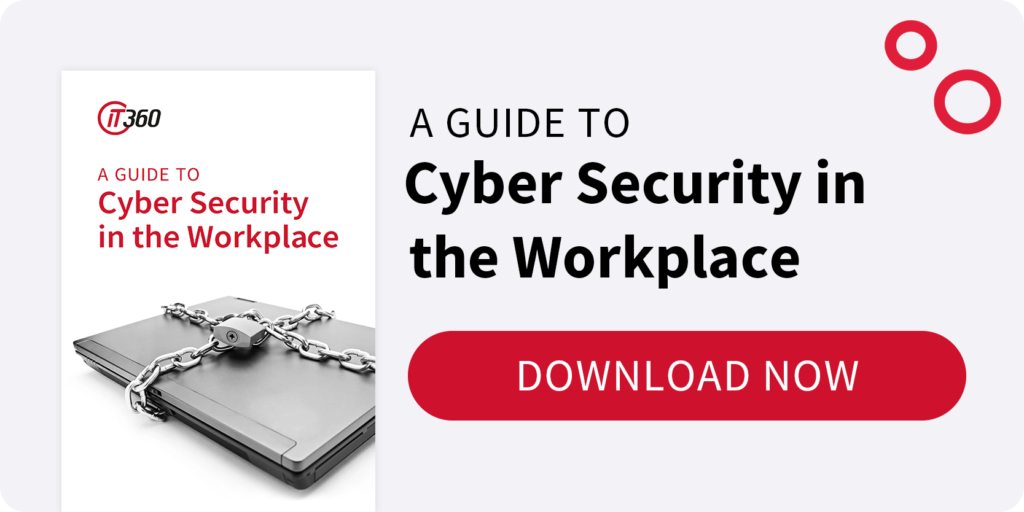All businesses rely on information. Some of it is more sensitive than others, and needs to stay that way if your business wants any success in the marketplace.
So, how can you protect your critical information while still being able to do business?
4 Ways to Protect Your Business Data
1. Encryption
Cryptography is nothing new. Far from it. It’s thought the Egyptians invented it around 1900 BCE to make stories about their pharaohs seem even more mystical. Forms of encryption have been used ever since to protect sensitive data and turn the tides of war.
As encryption technology and methods advance, so do levels of code-breaking, which pushes the drive for more complex algorithms.
Encryption tools on your computer scramble data sent over a network, so anyone intercepting your emails won’t be able to read or download files. Only the intended person with the right decryption key will be allowed access. You can also encrypt files as you save them on your server or cloud. Even if someone hacks in, without the proper key the files will be useless to them.
This is also the same technology in ransomware — hackers encrypt your files so you can’t access them. You need to pay them to send you the decryption key, which will then unlock your files.
As encryption methods get more complex, providers have started building encoding tools into more products to make them simpler for people to use.
2. Back-Ups
Never keep all your eggs in one basket. If all of your business’ data, client information and financial records are stored in the one place, you’re in trouble.
If something affects that computer, network, server or hard drive you have virtually no way to recover. It’s essential to have a regular back-up to protect your business in the event of disaster.
If the worst happens, with regular back-ups you have all your critical data stored somewhere else, and it won’t take too long to get your business back up and running.
3. The Cloud
Hosted cloud storage is a very secure way of protecting your company data if you choose the right provider. Instead of a back-up server at your business, cloud storage saves data on an online server you can access through the internet.
It’s their responsibility to maintain security, updates, and business continuity, and you get the added bonus of off-site storage and good accessibility.
Larger cloud providers are more likely to have advanced security measures than most SME’s, and as their reputation is on the line they’re more security conscious than most when it comes to protecting data.
4. The 3-2-1 Rule
It might sound extreme, but it’s better to have it and not need it than need it and not have it. To truly protect your company data you need three back-up copies, two saved on different media and one stored off-site.
For example, a back‐up hard drive in the office, a back-up server in your warehouse, and a back-up cloud server. Following the 3-2-1 rule protects your business from any single point of failure.
If your company’s national head office or data centre is in Christchurch, you want to make sure the off-site storage is out of Canterbury in case another earthquake knocks out infrastructure
Keen to understand more about Cyber Security in the Workplace? Download our latest eBook – it’s FREE!



